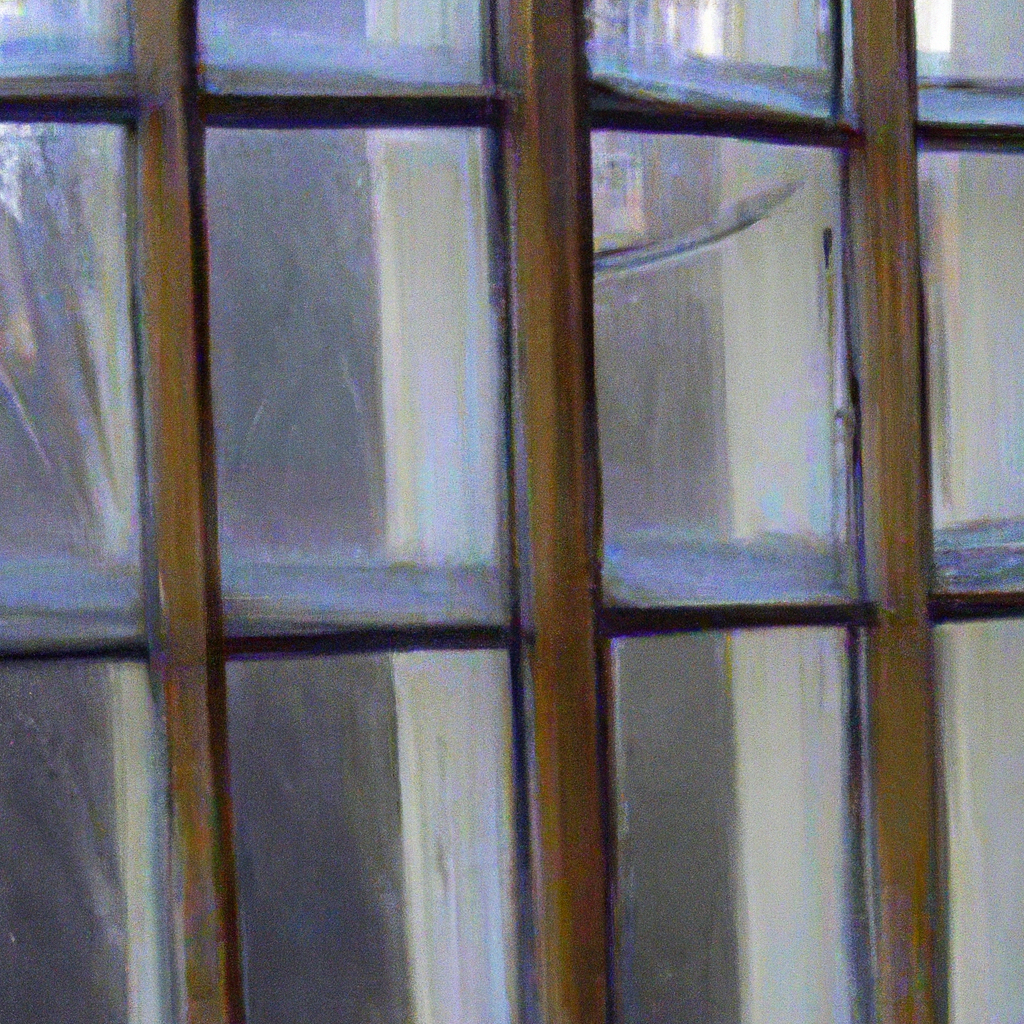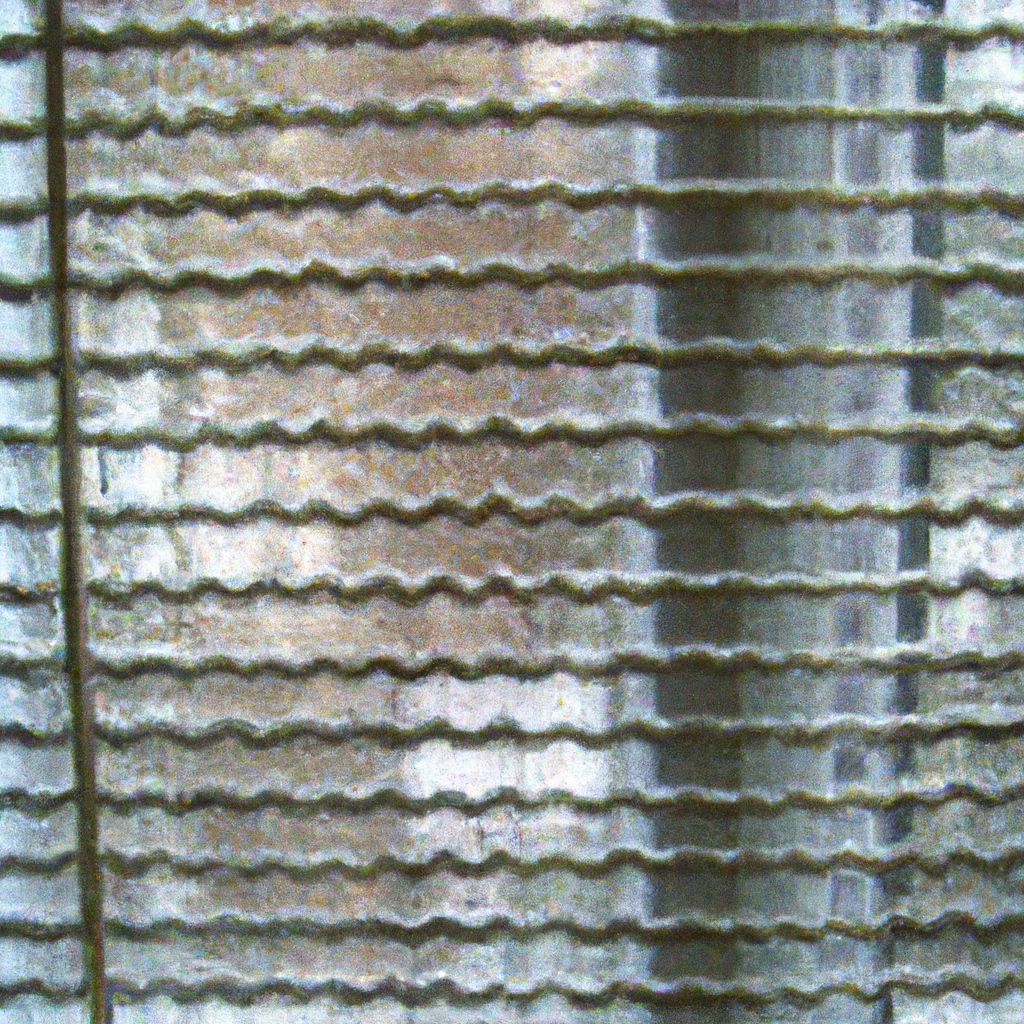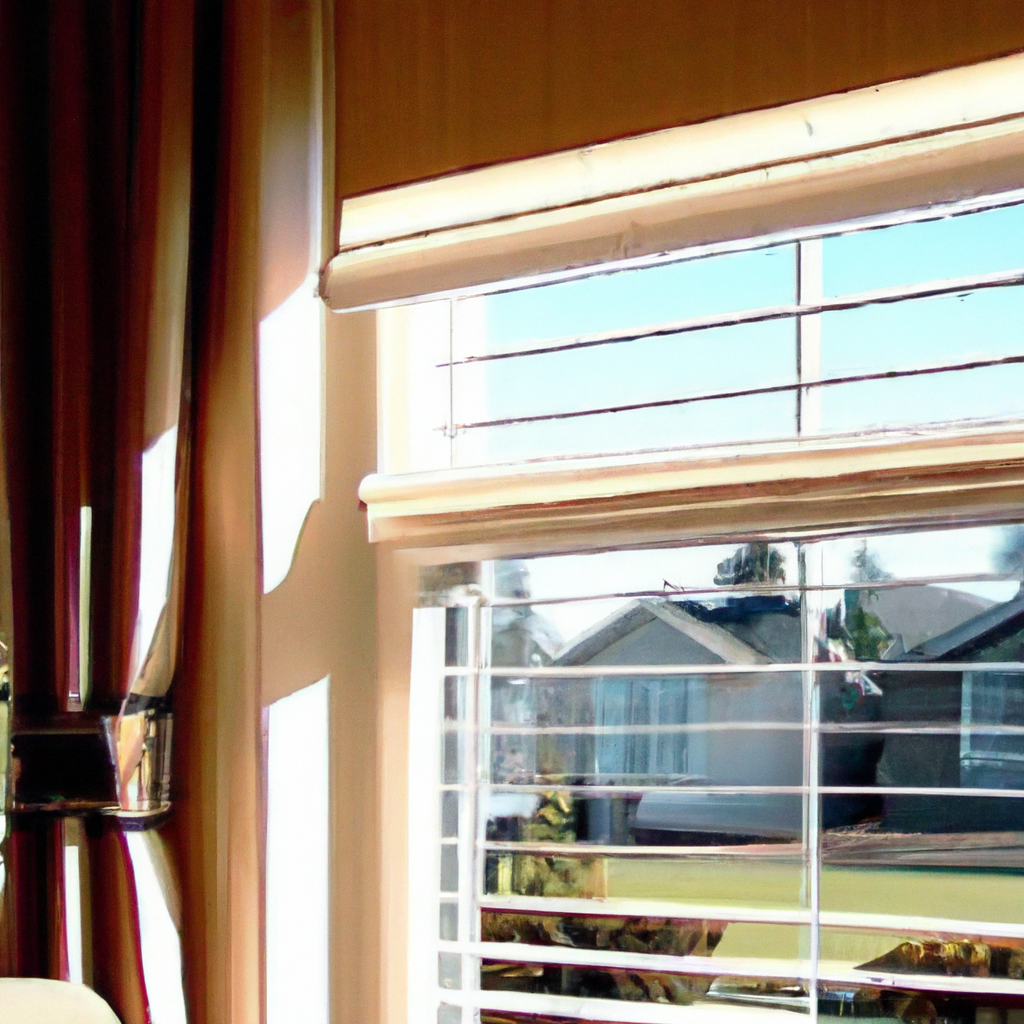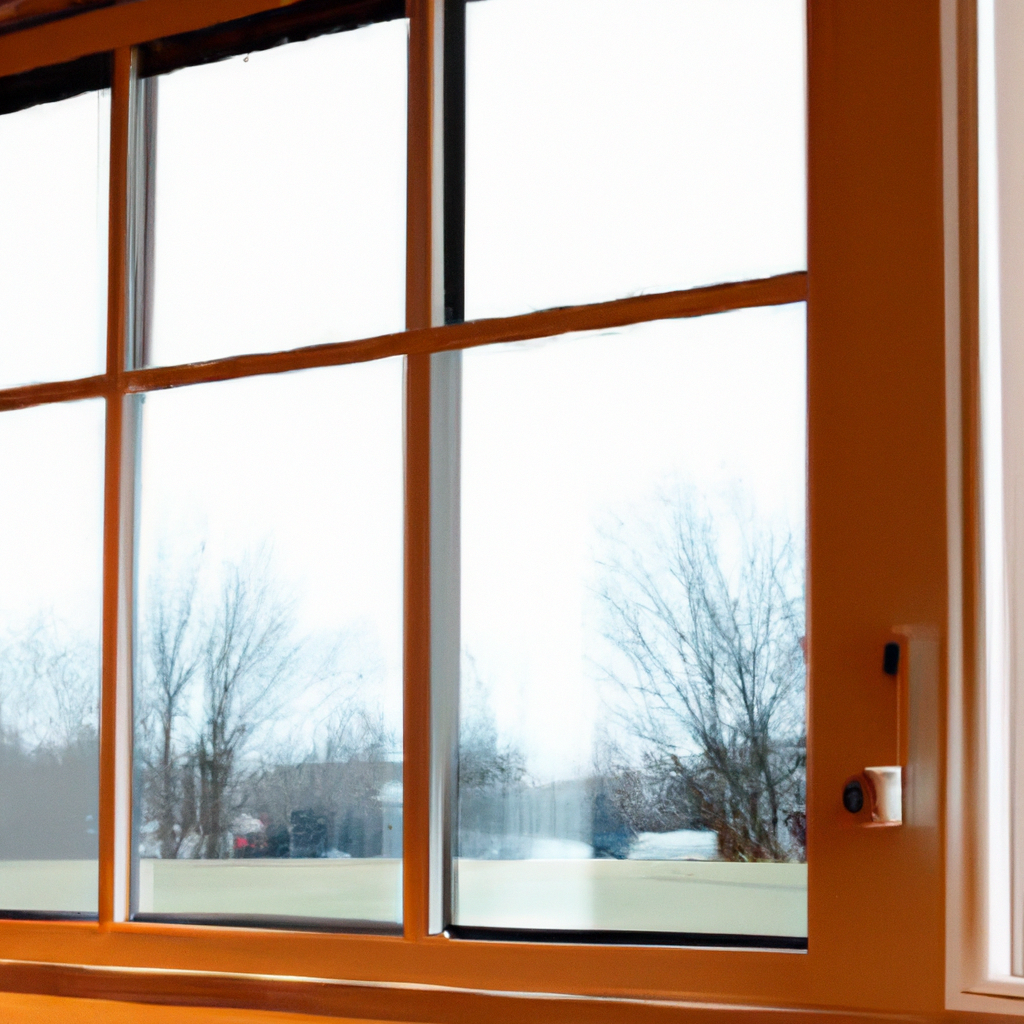So you’re in the market for impact windows, but you’re not quite sure whether to go for residential or commercial options. Well, let’s break it down for you. The main difference between residential and commercial impact windows lies in their design and functionality. While both types are designed to protect against the forces of nature, such as hurricanes and severe storms, residential impact windows are typically smaller and more aesthetically pleasing, while commercial impact windows are larger and built to withstand the demands of larger buildings. Now that you have a general idea, let’s take a closer look at the specifics of each type.
Construction Materials
Residential impact windows
Residential impact windows are typically made with high-quality materials that are specifically designed to withstand severe weather conditions. These windows are often constructed using laminated glass, which consists of multiple layers of glass with a thin layer of polyvinyl butyral (PVB) sandwiched in between. The PVB layer acts as a bonding agent, keeping the glass intact even when shattered. Additionally, residential impact windows may feature reinforced frames made of materials such as aluminum or vinyl, ensuring the overall strength and durability of the window.
Commercial impact windows
On the other hand, commercial impact windows are engineered to meet the more demanding requirements of large-scale buildings. These windows are often constructed using stronger and thicker laminated glass, capable of withstanding higher impact forces. The frames of commercial impact windows are typically made of durable materials like aluminum or steel, providing the necessary structural support for larger window sizes. In commercial settings, these windows must meet specific building codes and regulations, ensuring the safety and security of the occupants.
Window Size and Design
Residential impact windows
Residential impact windows are available in various sizes and designs to accommodate different architectural styles and homeowner preferences. They come in standard sizes and can also be custom-made to fit unique window openings. The design options for residential impact windows are extensive, ranging from casement and sliding windows to picture and awning windows. Homeowners have the flexibility to choose the style that best suits their aesthetic preferences and functional needs.
Commercial impact windows
In commercial buildings, window sizes are often significantly larger than those in residential properties. Commercial impact windows are specially designed to cater to these large window sizes and are available in a wide range of configurations to meet different architectural requirements. They can include fixed windows, horizontal sliding windows, curtain walls, and more. The design of commercial impact windows prioritizes functionality, energy efficiency, and durability while still offering aesthetic appeal.

Energy Efficiency
Residential impact windows
Energy efficiency is a crucial consideration for residential impact windows. These windows are designed to improve the thermal performance of a home by reducing heat transfer through the windows. The laminated glass used in residential impact windows helps to block out harmful UV rays and minimize solar heat gain. Additionally, the frames of residential impact windows are often insulated, further enhancing their energy-saving capabilities. With improved energy efficiency, homeowners can expect reduced heating and cooling costs, making residential impact windows a wise investment in the long run.
Commercial impact windows
Similar to residential impact windows, commercial impact windows also prioritize energy efficiency. Given the larger surface area of commercial windows, the energy-saving benefits become even more significant. The use of energy-efficient glass coatings and insulated frames helps to minimize heat transfer, improve insulation, and reduce the building’s reliance on HVAC systems. Energy-efficient commercial impact windows contribute to lower energy consumption and operational costs for businesses while maintaining a comfortable indoor environment for occupants.
Soundproofing
Residential impact windows
In residential settings, the soundproofing capabilities of impact windows are often appreciated. The multiple layers of laminated glass in residential impact windows act as a barrier to external noise, reducing the amount of sound that enters the home. This is particularly advantageous for homes located in noisy environments such as busy streets or near airports. With residential impact windows, homeowners can enjoy a quieter and more peaceful living environment.
Commercial impact windows
For commercial buildings located in busy urban areas or near high-traffic roads, soundproofing is also a significant consideration. Commercial impact windows are designed to dampen external noise and create a quieter environment indoors. These windows use laminated glass with superior sound insulation properties, minimizing noise disruptions within the building. Providing a quiet and comfortable space is crucial for commercial establishments, whether it’s an office, restaurant, or retail store.

Cost
Residential impact windows
The cost of residential impact windows can vary depending on several factors, including the size, design, materials, and installation requirements. Generally, residential impact windows tend to be more affordable than their commercial counterparts due to the smaller window sizes and fewer customization options. Homeowners can choose from a range of budget-friendly options without compromising on the quality and performance of the windows. The long-term savings in energy costs and potential insurance discounts for installing residential impact windows can also offset the initial investment.
Commercial impact windows
Commercial impact windows are typically more expensive than residential impact windows due to their larger sizes and more complex designs. The cost of commercial impact windows depends on factors such as the size, specifications, customization, and any additional features required to meet specific building codes and regulations. While the upfront cost may be higher, businesses can consider the long-term benefits of enhanced security, energy efficiency, and potential insurance premium reductions when evaluating the overall value of commercial impact windows.
Installation Process
Residential impact windows
Installing residential impact windows generally involves hiring a professional installer or contractor who specializes in window replacement. The process typically begins with an initial consultation to assess the homeowner’s needs and take measurements of the existing window openings. Once the windows are manufactured and ready for installation, the existing windows will be removed, and the new impact windows will be securely fitted into place. The installation process ensures a proper seal to prevent air and water infiltration, while also considering any specific installation requirements unique to the residential property.
Commercial impact windows
The installation of commercial impact windows is usually more complex and requires a team of experienced professionals. The process may involve coordinating with architects, contractors, and project managers to ensure compliance with building codes and regulations. Depending on the size and scope of the project, specialized equipment and cranes may be necessary to install the windows safely. The installation process for commercial impact windows may also require additional steps such as integrating the windows into a curtain wall system or structural supports. It is essential for businesses to work with reputable installers who have the expertise and resources to handle commercial installations effectively.

Building Codes and Regulations
Residential impact windows
Residential impact windows must comply with local building codes and regulations, which may vary depending on the geographical location. These codes dictate the minimum requirements for impact resistance, wind load resistance, and other safety standards. Compliance with these codes ensures that the residential impact windows can withstand severe weather conditions and provide the necessary protection for homeowners. It is crucial for homeowners to work with reputable manufacturers and installers who are knowledgeable about the specific building codes in their area.
Commercial impact windows
Similarly, commercial impact windows need to meet stringent building codes and regulations. Commercial buildings are subject to specific safety standards, especially in hurricane-prone regions or high-rise structures. The building codes determine the impact resistance, wind load resistance, fire ratings, and other criteria that commercial impact windows must adhere to. Compliance with these codes and regulations is essential to ensure the safety of occupants and protect the integrity of the building. Businesses should partner with manufacturers and installers who are well-versed in the applicable building codes and regulations to facilitate a smooth and compliant installation process.
Customization Options
Residential impact windows
Residential impact windows offer a wide range of customization options to meet the unique needs and preferences of homeowners. These options include choosing different frame colors, hardware finishes, and grid patterns to match the architectural style of the home. Additionally, homeowners can select various glass types, such as tinted or low-emissivity (low-E) glass, to enhance energy efficiency or privacy. The ability to customize residential impact windows allows homeowners to create a personalized and visually appealing look for their home while still benefiting from the performance and protection of impact-resistant windows.
Commercial impact windows
Commercial impact windows also provide customization options to cater to the specific design requirements of commercial buildings. This includes the ability to select different frame finishes, hardware options, and grid configurations to match the building’s aesthetics and branding. Commercial impact windows can also be tailored to meet specific performance needs, such as higher wind load resistance or specialized glass coatings for improved energy efficiency. The customization options available for commercial impact windows allow businesses to create a cohesive and professional look while ensuring the windows meet the functional and safety requirements of the building.

Purpose and Function
Residential impact windows
The primary purpose of residential impact windows is to protect homes and their occupants from severe weather events, such as hurricanes or strong winds. These windows are designed and tested to withstand the impact of flying debris and maintain the structural integrity of the home during storms. In addition to providing protection, residential impact windows offer energy efficiency, soundproofing benefits, and enhanced security compared to regular windows. These windows are a worthwhile investment for homeowners seeking to enhance the safety, comfort, and value of their homes.
Commercial impact windows
Commercial impact windows serve a similar purpose of providing protection against severe weather conditions. However, in the commercial setting, impact windows are often part of a comprehensive safety and security plan. These windows help protect businesses and their assets from potential damage caused by storms, break-ins, or acts of vandalism. Commercial impact windows also play a crucial role in providing natural light, maintaining indoor temperature, and creating an aesthetically pleasing environment for occupants. The functionality and performance of commercial impact windows are designed to meet the specific needs of businesses, ensuring the well-being and productivity of employees, customers, and tenants.
Warranty and Insurance
Residential impact windows
Residential impact windows typically come with warranties that cover defects in materials or workmanship for a specific period of time. The length and coverage of the warranty may vary depending on the manufacturer and the specific product. It is important for homeowners to review the warranty terms and understand the coverage provided before purchasing residential impact windows. Additionally, installing impact windows may potentially qualify homeowners for insurance premium discounts or credits. It is recommended to consult with insurance providers to understand the potential savings and coverage benefits associated with impact-resistant windows.
Commercial impact windows
Similar to residential impact windows, commercial impact windows also come with warranties provided by the manufacturer. These warranties vary in terms of duration and coverage, and it is crucial for businesses to review and understand the terms before making a purchase. Additionally, the installation of commercial impact windows may contribute to potential insurance premium reductions or incentives. Businesses should consult with their insurance providers to determine the impact of installing impact windows on their insurance coverage and costs. Partnering with reputable manufacturers and following proper installation procedures can help ensure warranty coverage and compliance with insurance requirements.
In conclusion, while the core purpose of residential and commercial impact windows remains the same – to provide protection against severe weather events – there are several key differences between the two. Residential impact windows are designed to meet the specific needs of homeowners, offering customization options, energy efficiency, soundproofing, and aesthetic appeal. Commercial impact windows, on the other hand, are engineered to meet the demands of larger buildings, complying with rigorous building codes and regulations, and prioritizing functionality and the unique requirements of commercial establishments. Understanding these differences is essential for homeowners and businesses seeking to invest in impact-resistant windows that best suits their specific needs.
